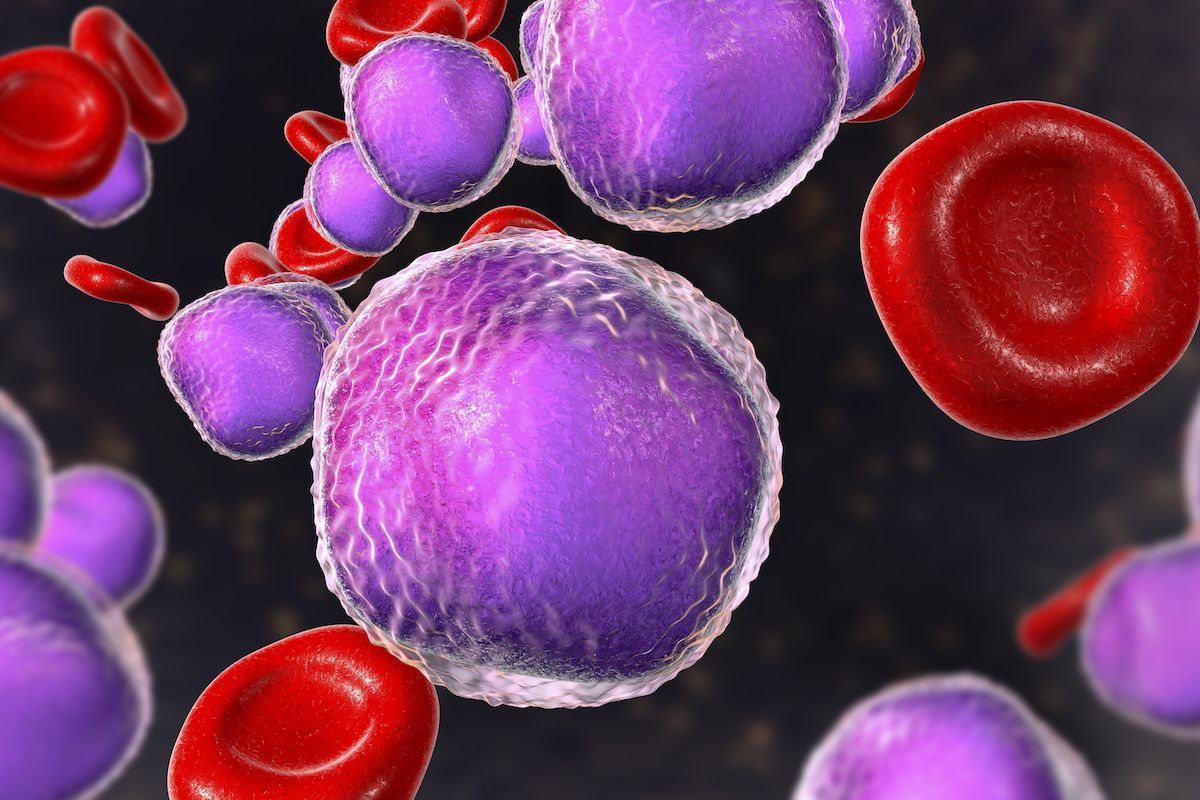Leukemia treatment may involve more than one type of therapy and care from physicians of different specialties. At Roswell Park, these experts and therapies are available under one roof.
The leukemia care team meets each week along with our transplant and cellular therapy experts and our research scientists to review the cases of every patient who might be a candidate for a stem cell transplant or a clinical trial of a new therapy. Together, they will discuss all the potential options to create a treatment plan that will work best for you.
Your personalized treatment plan may include one or more of the following approaches:
- Chemotherapy is an important part of leukemia treatment. Your chemotherapy regimen will be personalized for your specific leukemia type and needs.
- Targeted therapy uses drugs that can target unique genetic or molecular characteristics of your cancer cells.
- Immunotherapy is an approach that uses drugs, proteins, and even a patient’s own cells to stimulate their immune system against the cancer.
- Chimeric antigen receptor (CAR) T-cell therapy. This cutting-edge type of cellular therapy arms your own T cells against the cancer.
- Stem cell transplant. A transplant is a process by which you get a new batch of stem cells that can begin to produce healthy new blood cells.
- Watchful waiting. This approach is sometimes beneficial for patients with slow-growing chronic lymphocytic leukemia (CLL) and who do not have symptoms.
- Clinical trials are the final stages of cancer research that assess a promising new drug or therapy. Participating in a clinical trial is the only way to access the very latest options, sometimes years before they become widely available.
Acute leukemia treatment
People with acute leukemia need to be treated as soon as possible, given the cancer’s potential for rapid progression. It is important to remember that many people with acute leukemia can be cured.
If you have acute leukemia and would like to be seen as soon as possible, please call us at 1-800-ROSWELL (1-800-767-9355) or fill out our Become a Patient form online.
